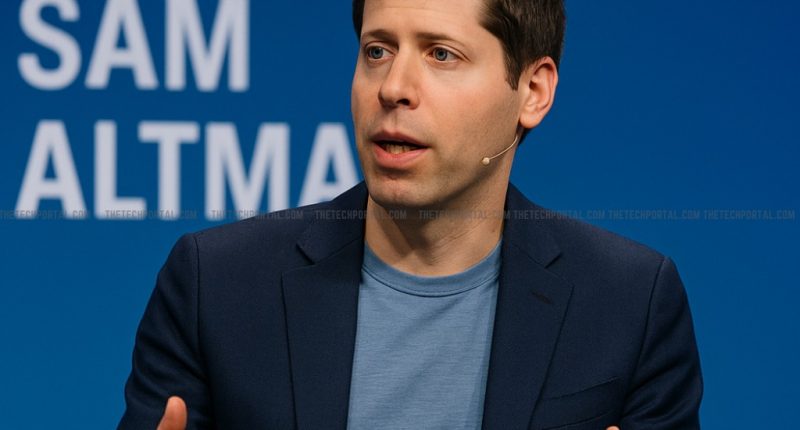According to media reports, OpenAI and Microsoft are now negotiating to redefine the terms of their partnership. This development comes as OpenAI, the creator of ChatGPT, charts a course toward a public listing.
Microsoft has been one of the largest investors in OpenAI, having put in more than $13 billion into OpenAI since 2019. Now, the tech titan is reportedly considering changes to the existing contract to ensure ongoing access to future AI models, even after the current agreement expires in 2030. According to sources cited by the Financial Times, Microsoft is open to giving up part of its equity stake in OpenAI’s new for-profit subsidiary, now being restructured as a Public Benefit Corporation (PBC), in exchange for long-term access to OpenAI’s tech.
The PBC would allow OpenAI to pursue its commercial goals, attract future capital, and eventually pursue a public offering. On the other hand, the nonprofit board will retain overarching control (a compromise made after internal and external criticism of earlier restructuring proposals). Given Microsoft’s status as OpenAI’s most significant financial backer, it remains a major decision-maker in how the restructuring will move forward.
Should OpenAI successfully go public, then it would further intensify competition among tech giants and AI startups. Its IPO would likely elevate it to the ranks of major tech players like Google, Amazon, and Microsoft in terms of valuation and influence, and as the company continues to monetize ChatGPT, enterprise APIs, and other AI products, rivals such as Anthropic, xAI, Google DeepMind, and Cohere are likely accelerate their efforts to secure funding and scale infrastructure in order to keep up (and maybe encourage them to follow suit as well).
To recap, the partnership between the two companies, originally formalized in a 2019 agreement when Microsoft invested $1 billion, was designed to provide the tech giant with preferred access to OpenAI’s intellectual property and early product integrations. Over the years, this partnership has deepened, with Microsoft embedding OpenAI’s models in key products such as Microsoft 365 and Azure, and provides cloud computing resources, amongst others. The two have also collaborated on large-scale AI infrastructure development, including the massive Stargate initiative.
However, recent developments have placed new strains on the relationship. Reports speak of internal discontent at Microsoft, including criticisms of OpenAI’s attitude toward collaboration, and a Microsoft executive reportedly told the Financial Times that OpenAI’s stance has grown increasingly arrogant, with the company acting as though it expects “money and compute and stay out of the way.” This also comes a few days after the AI firm informed its investors that it intended to cut down Microsoft’s share of OpenAI’s revenue by half (from 20% to 10%) within the next five years.
The Tech Portal is published by Blue Box Media Private Limited. Our investors have no influence over our reporting. Read our full Ownership and Funding Disclosure →






